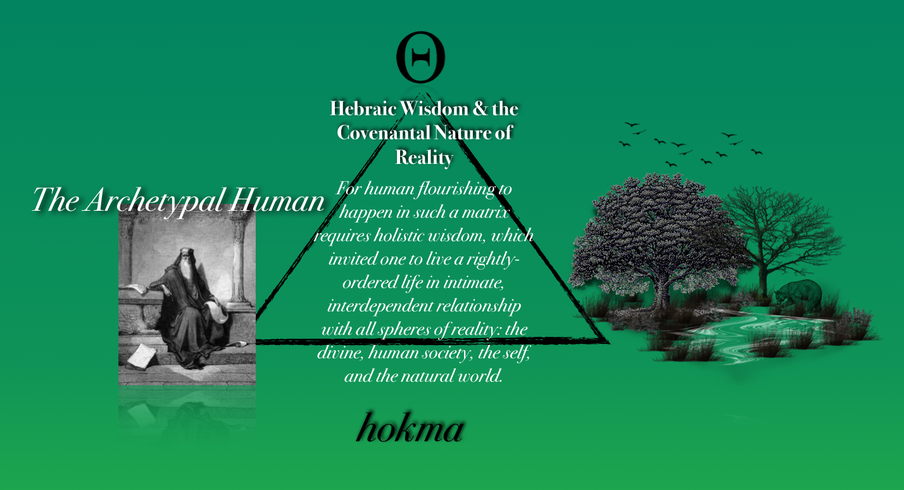|
5/23/2017 0 Comments befriending the world: reading literature informed by biblical theology, part 2 Doorway of Salisbury Cathedral, England Doorway of Salisbury Cathedral, England Following up from my piece in Christianity Today, this second part consists of the application of the 8 fundamental biblical-theological themes or paradigms that I outlined in my last blog post. What follows are 8 interpretive guidelines that may serve to orient our reading of any work of literature.
As always, thank you for reading. Feel free to drop a line or tweet at @pegasus_edu. - Matthew Farrelly
0 Comments
 I developed this schematic for an academic poster. You can see the full poster at the bottom of the "founder" page of this site. I developed this schematic for an academic poster. You can see the full poster at the bottom of the "founder" page of this site. In light of the recent book recommendations I've made at Christianity Today, I thought I would offer a brief introduction to an approach to reading literature that has been specifically informed by some central biblical-theological themes. For a brief summary of what biblical theology is, you can follow the link here on my website. I must also highly recommend the great work being done at The Bible Project. You can also check out their YouTube channel here. I would encourage anyone to make use of their robust and richly beautiful media and print materials that help the Bible and the study thereof come to life. This first post (of two) will be an introduction and overview of what I believe are 8 central themes in biblical theology. These can help inform or guide how we read literature of all kinds (the second post). The Bible and Biblical Theology
Again, these 8 themes represent only some important and introductory facets of biblical theology that can inform the way we read other literature. The next post will tease this out as I will make some application of these points to the reading of literature specifically. I'd love to hear from you. You can follow Pegasus Education on Twitter @pegasus_edu. You can also follow my personal account @mr_farrelly. Thanks for reading. - Matthew Farrelly 4/10/2017 0 Comments study as travel and transformation Having the privilege of traveling to England this month for a Philosophy of Education conference, I've been reflecting on the relationship between travel and study. The conference was held in Oxford, the long-time home of Magdalen College Fellow, C.S. Lewis, whom I greatly admire. He wrote quite a bit about study - particularly the reading of literature. In fact, in his work Studies in Medieval and Renaissance Literature, he likens reading to travel. Just as there are different ways one travels, there are different ways one reads books (whether they be from the past or present). He writes: There are two ways of enjoying the past, as there are two ways of enjoying a foreign country. One man carries his Englishry abroad with him and brings it home unchanged [...] But there is another sort of traveling and another sort of reading. You can eat the local food and drink the local wines, you can share the foreign life, you can begin to see the foreign country as it looks, not to the tourist, but to its inhabitants. You can come home modified, thinking and feeling as you did not think and feel before. So with the old literature. (pp. 2-3) One sort of reading leaves the reader "unchanged". The other sort leaves the reader "modified, thinking and feeling as [they] did not think and feel before". In a word, reading has the power to transform us, though it may not. In order for it to do so, we must cultivate a posture of heart, mind, and imagination that is generous, open, flexible, and reasonable. In other words, our aim is to cultivate humility and teachableness. Criticism may be necessary, but it never excludes openness. (We, too, have something to bring to the conversation.) Like unto traveling, what if we let the places, its people, its history, and its living wisdom "speak" to our lives? What would it be like to immerse ourselves in another world unknown to our experience? To expand the world of our senses and reflections? To draw near with an open mind, heart, and imagination to the culture and its people is, I believe, one way in which we love our neighbor. The places we travel have much to teach us, if we have the ears to hear and eyes to see - not to mention the mouths to taste, hands to touch, and noses to smell - all that they have to teach us. Is it not true that we so often live our lives in soliloquy - in monologue? What if we traveled in such a way that we entered into a dialogue? And what if study and the reading of literature does the same? What if we saw the books we read as written by other human beings from other worlds in which we are in conversation? They embody their own places, experiences, customs, and ways of viewing the world. What if they have something to teach us? We need each other, for we are not enough in ourselves. Isn't it true that the Other helps us know ourselves better? I would not so clearly know who I am - "where I end and another begins" - without the conversational interchange that displays our uniqueness in relief. Personal transformation happens when our person expands beyond that which we would be alone and of ourselves. It happens when we see & know the world through someone else's eyes. To turn the phrase of St. Paul, in a sense we are invited "to become all things to all persons in order to save some" - namely save ourselves. For, as Lewis quoted George MacDonald at the beginning of The Great Divorce, "The one maxim of hell is, 'I am my own.'" Consider Lewis' beautiful words in An Experiment in Criticism: Those of us who have been true readers all our life seldom fully realise the enormous extension of our being which we owe to authors. We realise it best when we talk with an unliterary friend. He may be full of goodness and good sense but he inhabits a tiny world. In it, we should be suffocated. The man who is contented to be only himself, and therefore less a self, is in prison. My own eyes are not enough for me, I will see through the eyes of others. Reality, even seen through the eyes of many, is not enough. I will see what others have invented. I regret that the [beasts] cannot write books. Very gladly would I learn what face things present to a mouse or a bee; more gladly still would I perceive the olfactory world charged with all the information and emotion it carries for a dog… In reading great literature I become a thousand men and yet remain myself. Like the night sky in the Greek poem, I see with a myriad eyes, but it is still I who see. Here, as in worship, in love, in moral action, in knowing, I transcend myself; and am never more myself than when I do. (pp. 140-141) - Matthew Farrelly |
AuthorMatthew Farrelly is an educator, tutor, and growth coach. He blogs when he can at pegasus-education.com. Archives
May 2017
CategoriesAll Bible Christian Classical Classical Education Cslewis Education Flourishing Intellectual Virtue Literature Matthew Farrelly Mindfulness Moral Education Pegasus Education Perspective Philosophy Of Education Reading Theology Transformation |
Search by typing & pressing enter

 RSS Feed
RSS Feed
